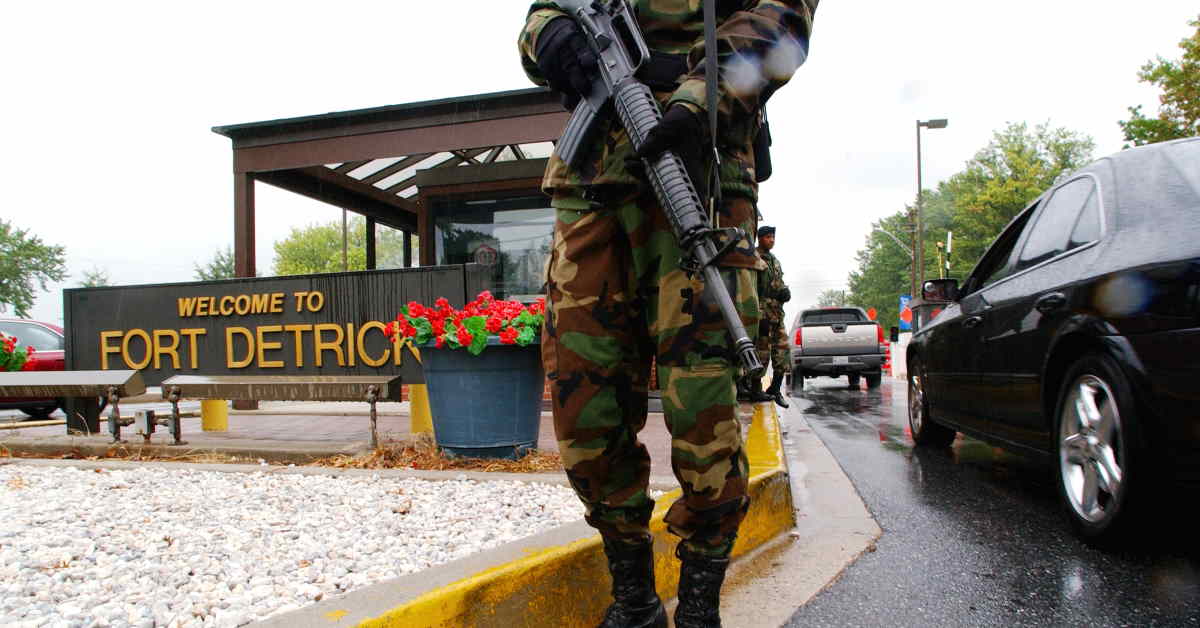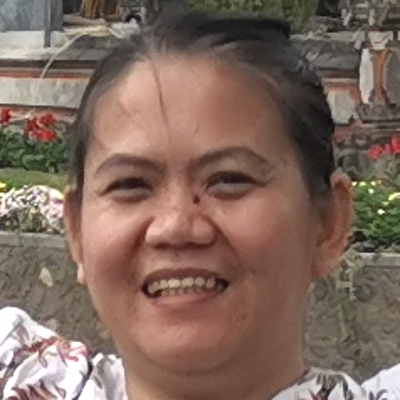The quest of finding the root cause and origin of the COVID-19 pandemic is as important as the development of vaccines that will not only prevent moderate and severe COVID-19 cases and deaths but vaccines that offer infection and disease-blocking effectiveness and efficiency.
According to Dr Gregory Poland, a vaccine scientist at the Mayo Clinic, “the current vaccines block disease, but they do not block infection.”
Thus, understanding the origin of the novel coronavirus is a very important issue and undertaking as it will help significantly in predicting and preventing future pandemics and probably will lead to the discovery of a cure or antidote.
Hence, for most of 2020, the World Health Organization (WHO), China, and other member states discussed the necessity to study, share and exchange information on the origin of COVID-19. This led to the World Health Assembly resolution of May 2020, which was adopted by all member states, specifying the need “to identify the zoonotic source” of the SARS COV2, which served as the basis of the 14 January to 10 February, 2021 field study visit to Wuhan composed of a joint international team comprising of 17 Chinese and 17 independent international experts/scientists from 10 countries namely China, Australia, Denmark, Germany, Japan, Kenya, Netherlands, Qatar, the Russian Federation, the United Kingdom (UK), the United States (US) and Viet Nam as well as the World Organization for Animal Health (OIE) and the WHO, tasked to study the origins of COVID-19.
In as far as the results of the WHO backed study was concerned, “the team didn’t find that species (unknown animal) although the researchers tested tens of thousands of wildlife and livestock samples. The team also pointed out and concluded that it is “extremely unlikely” that the virus leaked from a laboratory”.
Moreover, despite these findings, the WHO last month said that there’s a second stage of the international probe as to the origins of COVID-19 and it proposes once again to include examinations of Chinese labs, particularly the Wuhan Institute of Virology, amid increasing pressure from the US.
As a reaction to the new proposal by the WHO, China's vice health minister Zeng Yixin said that he was "extremely surprised" by the said plan. Also, in a Twitter post on 26 July, Zhao Lijian, spokesperson of China's Ministry of Foreign Affairs said, "if labs are to be investigated, then the WHO experts should go to Fort Detrick. The US should act transparently and responsibly as soon as possible and invite WHO experts for an inquiry into the Fort Detrick lab. Only in this way can truth be revealed to the world."
Petitions
It’s not only Chinese officials that reacted to US pressures on the WHO to investigate again the Chinese labs in connection to the origins of the COVID-19 pandemic as more than 25 million Chinese people who signed the petition calling on the WHO to investigate the US Army Medical Research Institute of Infectious Diseases at Fort Detrick. The petition published on 17 July urges the WHO to investigate the lab and demands the US to respond.
Correspondingly, a group of Filipino journalists, entrepreneurs, and scholars have also launched an online petition urging the WHO to investigate Fort Detrick. The said petition was launched via a Virtual Public/Media Forum on the 5 August, 2021 alongside the launch of a book, “No Vaccine for a Virus Called Racism” by Adolfo Quizon Paglinawan.
Paglinawan is a Filipino journalist, public intellectual, business professional, and the former Press Attache and Spokesman of the Philippine Embassy in Washington DC from 1986 to 1993. He is also one of the laureates of the Award for Promoting Philippines-China Understanding or APPCU for this year (2021).
The petition was initiated by Manila-based internet radio Global Talk News Radio and Phil-BRICS Strategic Studies, a think tank based in the Philippines. It fundamentally calls on the WHO “to start the inquiry and investigation into credible and even evident presence of the COVID-19 virus as far back as April to November-December, 2019 in countries such as the US, Spain, Italy, France, and even Japan.
The petition states that based on reports, the presence of the COVID-19 virus, which is evidenced by archived blood serum or municipal sewage samples from these countries, has been very widely reported in international medical journals and media.
The petition also pointed out that the Fort Detrick biological laboratory suffered a laboratory incident in July 2019 causing the US Centers for Disease Control (CDC) to shut down the facility in August 2019 due to “serious safety violations, in particular, relating to the disposal of dangerous materials” or a “lab-leak” that is believed to have caused strange “vaping sickness” and “strange flu” in the US at that time.
Thus, Fort Detrick remains a mystery that should not be ignored by WHO experts, as highlighted in the petition.
Mr Herman “Ka-Mentong” Laurel, a Filipino intellectual, journalist, radio and TV host, an APPCU Awardee, and one of the petitioners pointed out that, “several particular circumstances in the US also demand the highest priority in the WHO origin-tracing agenda. One such case is that of Mayor Michael Melcham of Belleville, New Jersey, who tested positive for COVID-19 antibodies five months after his very severe flu-like illness in November 2019.
The diagnoses of US Army athletes who were taken ill during the World Military Games held in Wuhan, China from 13 to 18 October, 2019 must be declassified, especially because the wife of a Fort Detrick employee reportedly collapsed in the middle of a cycling event.
Intriguingly, the Times of Israel reported in April 2020 that the “US alerted Israel, NATO to disease outbreak in China in November (2019) – TV report”. So, how did the US know?”
According to Laurel, “contact-tracing must be diligently enforced because since the incubation period of COVID-19 takes about two weeks, the logical conclusion is those athletes had contracted the virus way before they entered Chinese borders.”
Ka-Mentong also contended that, “the logical direction is to widen the search net as much as possible to get to the bottom of where Patient Zero originated from. Now that vaccines are already available, establishing the genesis of COVID-19 will definitely help in determining not only preventive measures but cure”.
Another petitioner Dr and Atty. Mario Leonardo Emilio O Aportadera, APPCU laureate, who is both a medical practitioner and a lawyer with a specialisation in international law expressed that he signed the petition urging the WHO to investigate Fort Detrick for possible connections to the origin of the COVID-19 virus pandemic alongside Filipinos, Chinese, and other nationalities who signed the petition as he believes there’s an urgent need for global action on finding out where the novel coronavirus originated and Fort Detrick is one of the areas under contention.
He also emphasised that the WHO considers Wuhan as the place of the first documented case of COVID-19. However, it does not declare that it is the place of origin. He also reiterated that a proper investigation should be transparent, objective, data-driven, inclusive of broad expertise, subject to independent oversight, and responsibly managed to minimise the impact of conflicts of interest.
He emphasised that public health agencies and research laboratories alike need to open their records to the public. Aportadera further voiced out that the petition only signifies that the world at large is demanding the truth behind the origins of the COVID-19 pandemic
Whereas, Paglinawan referenced history and explained how in 1918 the US escaped the consequences of the world’s first great pandemic, the Spanish Flu, which according to him, after a century, the world now knows that the H1N1 virus originated in Kansas and was spread by the US Army in Europe. In this regard, he then asked the question: “Will history repeat itself?
In his book, “No Vaccine for a Virus Called Racism,” Paglinawan contends that SARS-COV2 did not originate from Wuhan rather it started in the US, specifying Fort Detrick in Frederick, Maryland. He also affirms the call of his co-petitioners for the US to open Fort Detrick for an independent investigation and for the WHO to honour the call of Filipinos, Chinese, and other nationalities alike to investigate Fort Detrick in connection to the origin of COVID-19.
Similarly, around 48 countries have sent a petition letter to the WHO opposing the politicisation of the probe on the origins of the virus, urging the organisation to push forward the global probe on the traceability of the virus. The said letter pointed out that the WHO-China joint report on the virus origins should serve as a foundation and guideline for global virus tracing. It also specified that the probe on the origins of the virus is a scientific work and requires scientists to work in the global scope.
Hindsight And Perspective
The WHO and the US are under pressure from a worldwide clamour to act on the petitions calling for the investigation of Fort Detrick in connection to tracing the origins of the novel coronavirus that is waging havoc across countries and continents.
The world is also calling on the WHO to put a stop to any politicisation of the COVID-19 pandemic. Politicising the pandemic would only undercut efforts of scientists and experts across the globe in their quest of finding a potent solution to this pandemic and in their efforts of solving the billion-dollar question – where did the novel coronavirus or SARS-COV2 come from? These are indeed valid and compelling pleas and appeals that need the utmost attention and the pro-activeness of the WHO and the cooperation of the US.
For the sake of transparency, the WHO should investigate Fort Detrick alongside other research laboratories alike across the globe, especially in countries where reports of COVID-19 cases were detected before the outbreak in Wuhan, China. This initiative should be seen as a positive step in finding the truth behind the origin of the virus that claimed millions of lives across the globe and is continuously threatening the very survival of economies, more particularly across the developing and least-developed worlds, which are characterised by low vaccination rates, inadequate and deficient COVID-19 testing and tracing capacities aggravated by extremely stressed-out health care systems and workers.
Conclusion
With the emergence of many variants like Delta and the increasing propensity of coronavirus mutations that has brought about a global surge in COVID-19 cases in the last couple of months, the origin of the coronavirus or SARS-COV2 most definitely deserves attention and focus.
The views expressed in this article are the author’s own and do not necessarily reflect those of The ASEAN Post.

